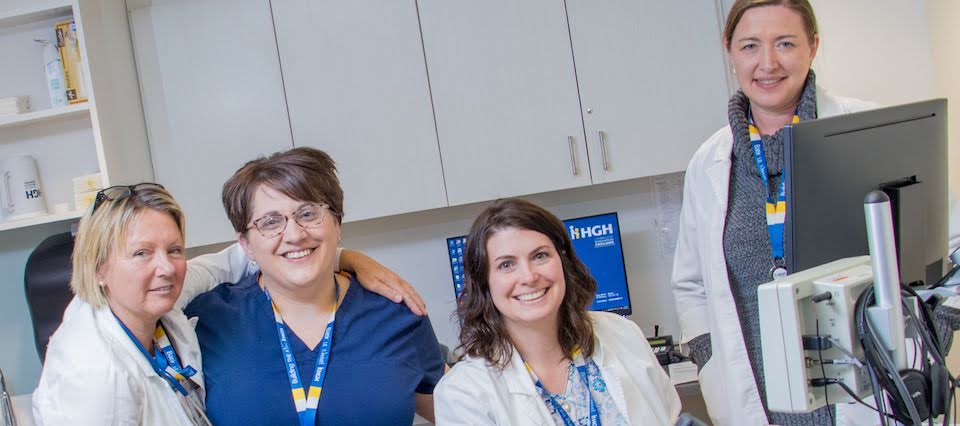The human body has over 600 voluntary muscles controlled by the brain. When an effort is required, the brain uses the nerves to send an electric signal for the muscles to contract. Our daily actions are performed through these remarkable mechanics.
An EMG is a test used to diagnose muscles and nerve related problems, for example, a pinched nerve in the wrist, neck or lower back. An electromyogram measures the electrical activity of muscles at rest and during contraction; while nerve conduction studies measure how well and how fast the nerves can send electrical signals.
The EMG exam is ordered to patients presenting nerves and muscles related symptoms, such as:
- Numbness
- Tingling
- Weakness
How to access our services?
You need a physician’s referral to get an appointment and pass this exam.
The EMG exam is provided by the Neurology Clinic.
